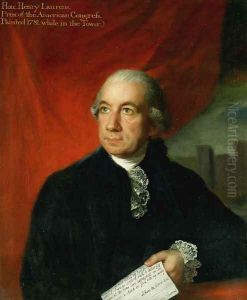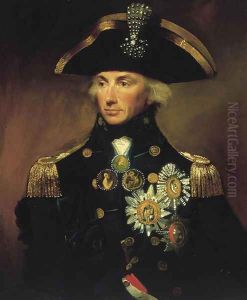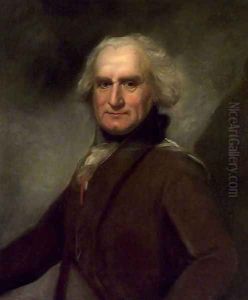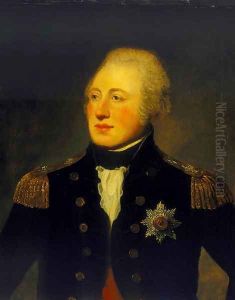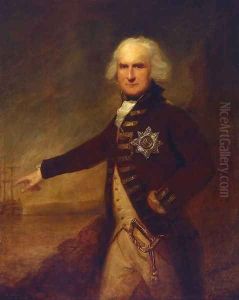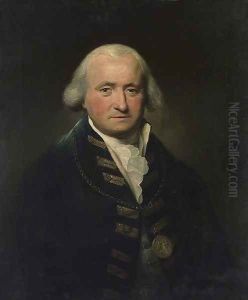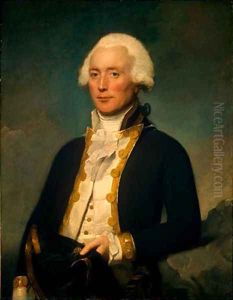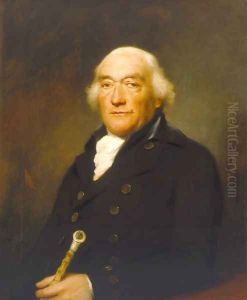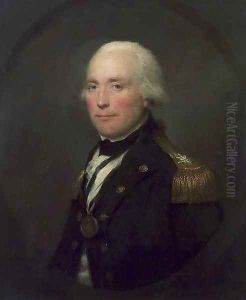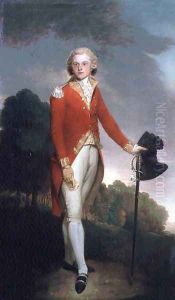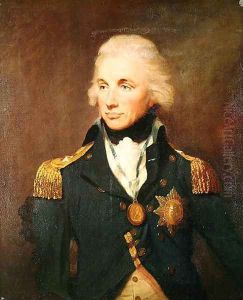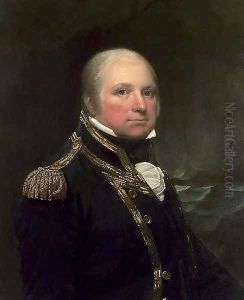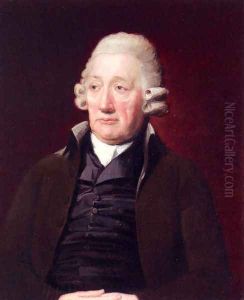Lemuel-Francis Abbott Paintings
Lemuel-Francis Abbott was an English portrait painter, born in Leicestershire in 1760. He was the son of a clergyman, and he showed an early interest in art. Abbott is known primarily for his portraits of naval officers and other notable figures of his time. His most celebrated works include a portrait of Captain James Cook, which is often regarded as one of the most iconic images of the famous explorer.
Abbott received a modest education before moving to London to pursue his career in art. He became a pupil of Francis Hayman, a notable artist of the day. Abbott's talents developed under Hayman's guidance, and by the 1780s, he had established himself as a portraitist in London. He exhibited at the Royal Academy from 1788 to 1800, where his works were generally well-received.
Despite his success as an artist, Lemuel-Francis Abbott's life was marred by mental health issues. He struggled with what was described at the time as 'insanity', which affected his productivity and wellbeing. Because of his mental health problems, he lived in a state of seclusion for the latter part of his life.
Abbott's portraits are characterized by their clear detail, accurate depiction of his subjects, and subtle use of color. Although he never achieved the fame of some of his contemporaries, his works provide a valuable insight into the personalities and appearances of many figures from the late 18th century, especially those associated with the Royal Navy.
Lemuel-Francis Abbott passed away in 1802. His contributions to British portraiture continue to be recognized, and his portraits are held in many art collections, including the National Portrait Gallery in London. His work remains an important part of the British artistic legacy from this period.
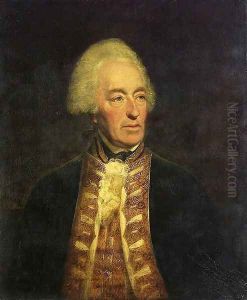
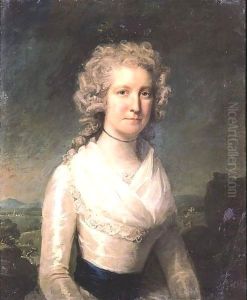
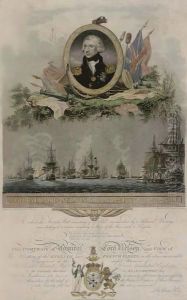


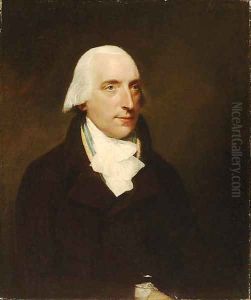
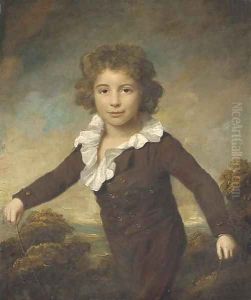
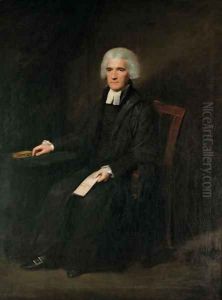
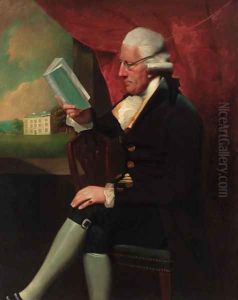
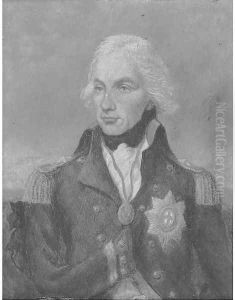
![Captain Robert Calder [detail:3]](https://www.niceartgallery.com/imgs/102986/s/lemuelfrancis-abbott-captain-robert-calder-detail3-addf14a9.jpg)
![Captain Robert Calder [detail:2]](https://www.niceartgallery.com/imgs/102985/s/lemuelfrancis-abbott-captain-robert-calder-detail2-e899200.jpg)
![Captain Robert Calder [detail:1]](https://www.niceartgallery.com/imgs/102984/s/lemuelfrancis-abbott-captain-robert-calder-detail1-d96b1258.jpg)
